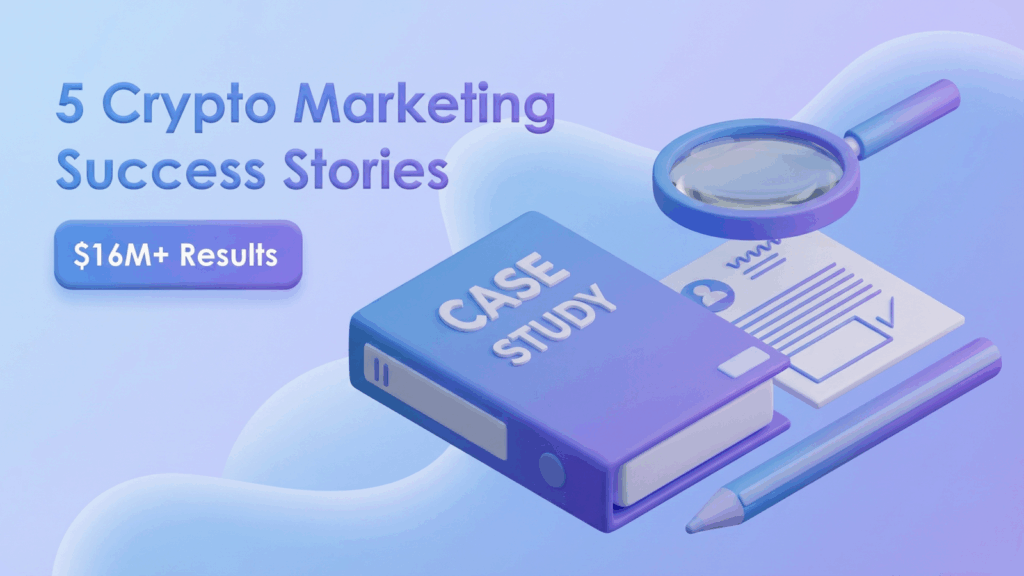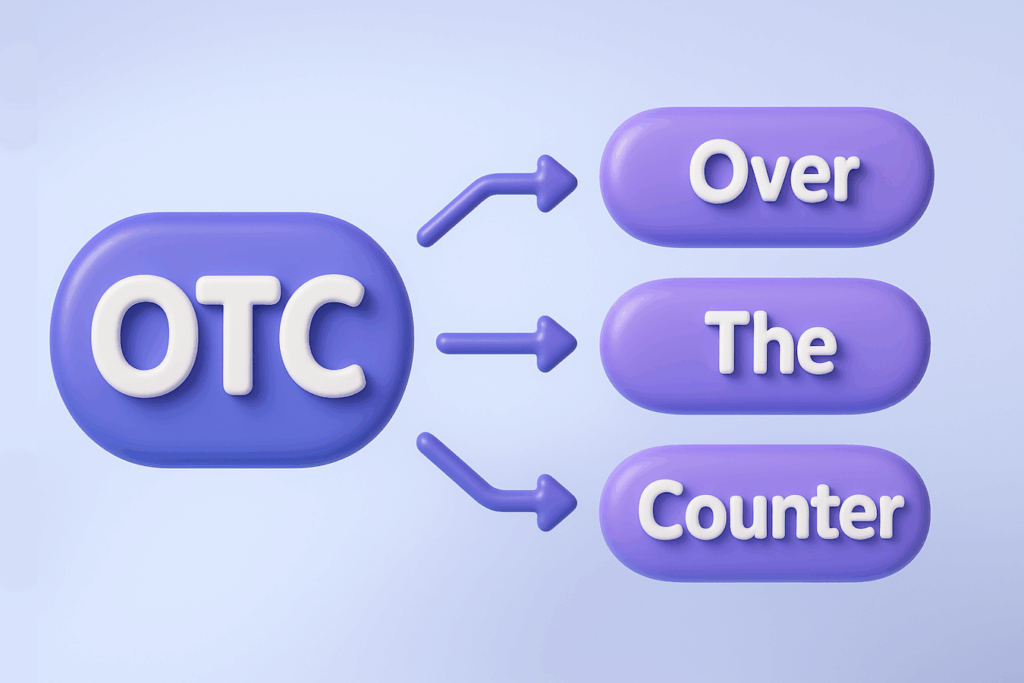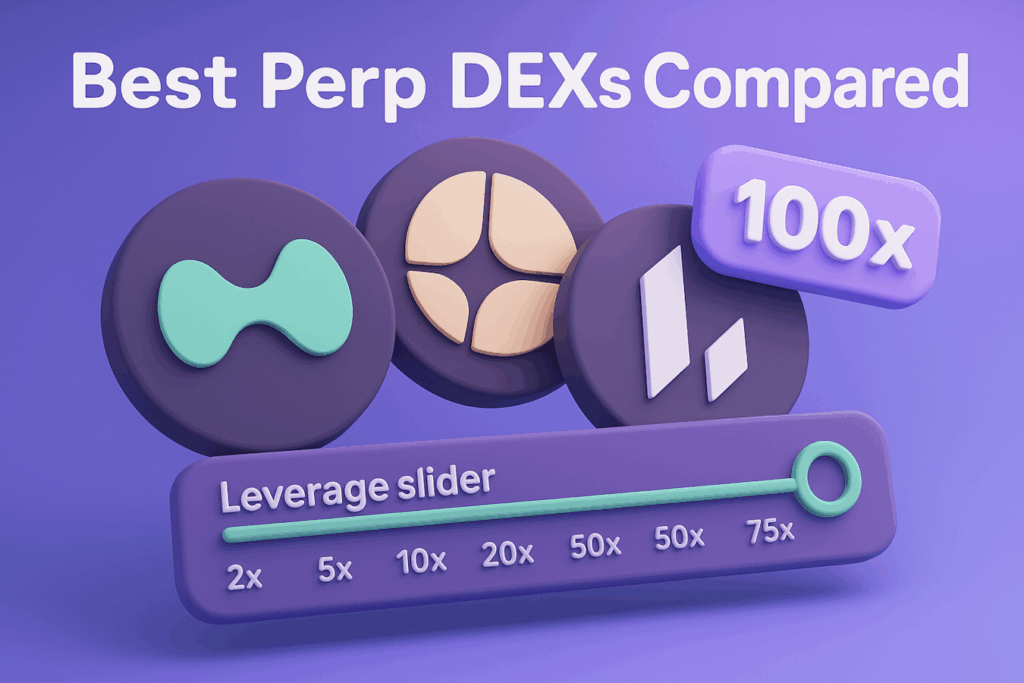share
Non-Fungible Tokens continue to gain momentum: just 5 years ago, the little-known NFT collection of Crypto Punks was released, but currently, it is one of the most famous and expensive forms of pixel art, and some of them cost several million dollars. According to CNET, about 250,000 users trade NFTs on the OpenSea platform, the most popular marketplace for buying and selling Non Fungible Tokens.
In 2021, users spent almost $41 billion buying NFTs on DeFi platforms. According to DeFi Llama, over $20 billion worth of NFTs were bought and sold on popular marketplaces alone.
With such high demand, the answer to questions like “should you start your own NFT exchange development” is obvious. In this article, we’ll show you the benefits of developing your own NFT exchange platform, talk about what it takes to do that, the stages of creation, and what features are necessary to launch your project.

What Role Does NFT Play in the Development of the Crypto Industry?
NFT is not just another crazy trend in the crypto market, as some users are still suspicious, but a truly new form of digital art. As with many other innovations in the history of mankind, due to its novelty, users tend to underestimate the prospects presented by this type of digital asset. Blockchain technology, which underlies networks such as Ethereum or BNB Chain, provides NFT token standards for the creation and issuance of this type of digital asset.
For more information on non-fungible tokens, what their characteristics are, and how they differ from fungible tokens, we have published an article titled Non-fungible Token Development: How to Create Your Own NFT Token?
We will not go into what an NFT is right now but only briefly describe it.
Non-Fungible Tokens are a type of digital asset whose main characteristics are indivisibility, unique value, rarity and non-fungibility, which is reflected in the name. These tokens are a digital representation of a virtual or physical asset, and they are issued through a smart contract like all others, including fungible tokens on various blockchain networks.
Blockchain technology has revolutionized digital art by introducing a new form of virtual digital assets. It has changed the way you can acquire, own and use art that was previously only available to a small group of people. You don’t even have to own your NFTs: you can borrow art to use for your own purposes and even make money from it. However, NFT exchange development is the best option for those who want to become a part of a new, little-known industry that is likely to take an important place in the future and become an integral part of a futuristic society.
Indeed, why buy expensive art objects that will inevitably become obsolete over time, require high storage and maintenance costs, and can be easily damaged, when you can purchase a digitally unique token stored forever on the blockchain?
Non Fungible Tokens are traded on dedicated platforms called NFT marketplaces. Before we start describing the features and the process of our own NFT exchange platform development, let us first evaluate what they are.
So What Is an NFT Exchange Platform?
Simply put, the NFT exchange or NFT marketplace is an online sales platform where users post, buy and sell Non Fungible Tokens or crypto collectibles. Some of the most popular NFT exchanges are OpenSea and Rarible. They sell the most popular crypto collectibles, such as Decentraland. Sandbox. Crypto Punks, Bored Ape Yacht Club (BAYC), and Mutant Ape Yacht Club. Just take a look at how high the trading volume is on these sites.
This is despite the fact that trading activity has dropped significantly due to the crisis following the hype around NFT exchange development in the crypto world, which started in mid-2021. Now the niche of non-fungible tokens is still relatively free, and not many projects stand out among the numerous no-name platforms that simply copy each other and can not offer anything new. You can assemble a team to develop your own unique project or order complex services from an NFT exchange development company such as ICODA.
Types of NFT Exchange Software
You’ve probably heard of platforms for trading non-fungible crypto assets such as OpenSea and Binance NFT. Although the operating principle of these two platforms is very similar, they are very different from each other at the software level. There are two main types of platforms: centralized and decentralized NFT exchange platforms.
Centralized NFT Exchange Platforms
Such platforms are managed and fully controlled by a single company, which is also the custodian responsible for the safekeeping of the assets. Users make a deposit on the NFT exchange platform to gain access to trading assets and send a request to the company when they wish to withdraw funds. The method of holding funds came to the crypto market from traditional finance, but it is becoming less important with the rise of DeFi.
Centralized marketplaces are popular because they allow you to save on commissions, as all transactions are conducted on the NFT exchange platform itself rather than on the blockchain. This solves the problem of high transaction fees faced mainly by users of the Ethereum blockchain network.
However, NFT owners and traders must entrust their funds to a platform that can unilaterally “block” access to assets at any time for a variety of reasons.

Decentralized NFT Exchange Platforms
Most NFT trading platforms are decentralized and run on smart contracts. The advantage of such platforms is obvious: a decentralized exchange platform is able to operate autonomously without the help of humans. All you need to make it work is a team of developers, marketers, moderators and support specialists, and even then, only if you want to.
Such platforms are also called decentralized apps or DApps, and in some cases, DeFi services in the blockchain industry. DApps provide users with access to decentralized finance: digital art owners can transfer their assets from one NFT platform to another without the restrictions that DeFi apps impose, as is possible when using centralized platforms. In addition, decentralized apps do not require special permissions and verifications to publish NFTs: any user can host their own NFTs without restrictions.
For example, to post art or collections on Binance NFT Marketplace, you must first obtain approval from the platform team. The application may take a long time to be processed. Moreover, it is possible that you will receive a rejection. Only verified authors can create their NFTs on the Binance marketplace.
During NFT exchange platform development, you do not need to hire employees responsible for the security of the servers and assets stored in the wallets and manually process requests for deposits and withdrawals of user funds. All you need to do is to create a working smart contract without vulnerabilities, with which users interact independently by placing, buying and selling their NFTs.
Why Is Now the Best Time for NFT Exchange Platform Development?
Although the demand for NFTs remains high and continues to grow rapidly, few NFT marketplaces are leaders in this industry, so competition is still low, opening up space for the launch of promising new platforms.
However, to compete with the largest exchanges, you need a strong team and significant investment to start a successful NFT exchange platform development and provide a high-quality service to users. In addition, you need to provide liquidity to give the project a good start – we will talk more about that in another section.
NFT Exchange Platform Development: All You Need to Know

NFT exchange development is a complex and multi-layered process that requires the involvement of professional marketing and development teams. We’ll share with you the key features required to run your future marketplace.
Features of the NFT Exchange Platform
Before starting NFT exchange platform development, create the final picture of the platform:
- What will your project look like?
- What are its characteristics?
- What do you want to get as a result?
- What is special about NFT exchange development?
By answering these and other important questions, you can make your vision much more clear. And we will describe some of the functions that platform owners use to develop marketplaces on the crypto market that may be useful to you.
If you don’t know what you need and how your platform should work, seek advice from professionals who are involved in NFT exchange development. You will find out which NFT trading platform is best for you based on your goals and financial capabilities.
Secured Transactions
User security should be a top priority for a company developing its own NFT exchange platform. In order for users to conduct safe and secure transactions, your development team must create and deploy a carefully verified smart contract that has no backdoors through which attackers can siphon off users’ assets.
Support for a Multi-Currency Wallet
Depending on the type of the NFT exchange platform, developers either offer their own solution for storing and protecting users’ unique digital assets or add support for existing solutions such as MetaMask or Trust Wallet – through these wallets, users can connect to the NFT exchange platform to access crypto token placement and trading on the marketplace.
Multi-Layer Security
During NFT exchange development, user security should be ensured at all levels of interaction with the platform, from connecting a crypto wallet to a secure API connection when buying/selling crypto tokens on the marketplace or bot-trading.
If you’re developing a centralized platform with a custodial multi-currency wallet, you need to secure user accounts that can be accessed by hackers through phishing or deception. Con artists will steal users’ unique assets if the accounts are not adequately protected. These security methods include two-factor authentication via email or mobile phone, a PIN code and strong password, and secret phrases used to confirm operations or sign transactions. Ensure the highest level of multi-layered security during NFT exchange development.
Advanced Chart Tools
Charts help users track the dynamics of a digital asset and predict its value in the near future. Although advanced charting tools are rarely used for NFT exchanges development, their presence can be an advantage for your project in the crypto space.
Additional Features of NFT Exchange
The more unique and, at the same time, useful features you offer to users, the higher the chances are that your NFT exchange development will be successful. For example, add the ability for traders to buy and sell non-fungible tokens via a market order – this will increase the project’s intrinsic value. Provide traders with a unique multi-cryptocurrency wallet, and expand the functionality of the website by offering DeFi lending for NFTs, staking, token issuance and other ways to generate income with non-fungible tokens.
Instant Liquidity
To successfully launch the NFT exchange platform, you will need to find traders and investors to provide the initial instant liquidity. It will be problematic to attract users if there is no one on your platform to buy and sell digital tokens.
To this end, you can engage market makers or NFT exchange solution providers to help you find the initial investors and traders to provide the initial liquidity for your NFT exchange platform.
Fiat Currencies Support
This is an optional item for NFT exchange platform development, but fiat support will provide a serious competitive advantage since not all users are ready to buy cryptocurrency, but some of them will want to buy NFT for fiat.
On other platforms, they would have to first convert fiat to cryptocurrency in order to then buy a Non-Fungible Token with it. Imagine how attractive your NFT exchange platform will be to them if you allow interested users to buy and sell NFTs directly for fiat currencies, making their task much easier?
Multi-Chain Connectivity
It is equally important that your NFT exchange supports multiple platforms and interacts with multiple blockchains and smart contracts. The more popular blockchains you connect, the more users you can attract to trade on the marketplace and the higher the trading volume of the platform will be. Moreover, this will ensure the competitiveness of the NFT exchange platform and differentiate it from other marketplaces.
For example, one of the most popular NFT exchange platforms, OpenSea, still only supports Ethereum and Solana networks. This means it misses out on many users who prefer alternative blockchains and makes room for young, promising projects.
You can connect any blockchain except Ethereum, including sidechains:
- BNB Chain
- Solana
- Polygon
- Fantom
- Avalanche
- Cardano
- Cosmos
- Near
- Optimism (2-layer)
- Arbitrum (2-layer)
This is not the whole list, but it is a good start. Of course, you need to take into account that this will significantly complicate the NFT exchange development and, consequently, its cost. Therefore, you can start by adding the most popular Ethereum and BNB Chain blockchain networks and then gradually the rest as the marketplace develops.
Come Up With Futuristic Technology for Your NFT Exchange Platform
You can use artificial intelligence technology for NFT exchange development to provide users with an innovative solution to help them trade rare and unique assets. For example, one of the marketplaces can rate the rarity of each NFT posted on the site. They can even go further and develop an AI that recognizes NFTs based on certain parameters, which can become very expensive in the future. The more unique and innovative your NFT exchange software is, the higher the chances that your platform will be able to take high positions in the marketplaces’ rankings.
How to Create the NFT Exchange Platform of Your Dreams: A Step-By-Step Plan
Here we come to one of the most important questions: what needs to be done to develop the NFT exchange platform. You have to go on a long and difficult journey, starting with a technology stack and ending with a marketing campaign to engage the community. Let us analyze step by step what actions we need to take to launch our own NFT platform for trading unique assets.
Design Your NFT Exchange
It all starts with the design. Consider this: what will be the main functions of the NFT exchange, and what needs to be created first? This is especially important if you have a limited budget: if there is not enough money for everything, you will most likely have to give up some features so that you can launch at least the first version of the NFT exchange platform. Here are the most important functions that should be present in any system:
- Crypto wallet connection over a given network. For starters, one network is enough – Ethereum. This blockchain has the most users among the other platforms, but if possible, connect other networks like BNB Chain, Fantom, Avalanche, and Solana to attract even more users.
- Placement and trading of NFTs. When you launch the platform, users need to be able to post their tokens for sale and buy them from other sellers. You also need to ensure that there is instant liquidity.
- Fiat support. This item is optional, but it provides additional startup benefits but increases the cost of developing the NFT exchange. You also need to comply with anti-money laundering policy rules, but at the same time, you can offer users a white-label NFT exchange.
- Security Means. At the initial stage, reliable HTTP authentication, a secure crypto-wallet connection and a smart contract without vulnerabilities (backdoors) are sufficient.
- Functionality for NFT drops. Token sales will help attract new users as they allow you to buy tokens at a low price and often make quick profits immediately after the event – this will only play into the hands of the NFT exchange development.
NFT Exchange Development.
You can find a development team on your own, but it is best to entrust this issue to an exchange platform development company with an extensive portfolio and successful cases such as ICODA. A team of experienced developers knows all the necessary steps, algorithms and subtleties of creating such platforms, which significantly reduces the development time. Moreover, you will be freed from unnecessary tasks and find time for other important things.
Conduct Private Sales
The formula is simple: the more private investment you attract to the project, the easier and faster you will develop it. Funding will help attract qualified developers to develop the NFT exchange and open new doors to promote the platform. Find experienced advisors or start an ambassador program – this is a common practice for projects not only in the blockchain space. The stronger and bigger the community is at the beginning, the faster and easier the development will be in the future.
Final Stage: Marketing and Promotion
Finally, after NFT exchange development, you will need to conduct a massive marketing campaign to ensure high demand and immediate liquidity. Here’s what you’ll need marketing for:
- Attract well-known artists and authors interested in the platform to publish their works.
- Find distributors and investors who can show impressive trading volume. This allows you to show that your product is in demand, which additionally helps with promotion.
- Attract funding from large investors and companies. New investments expand the scope of the project and the development of the NFT exchange.
Exchange platform development company ICODA is engaged in the professional promotion of NFTs and crypto startups and will help you successfully promote your NFT exchange platform right from the start!
Conclusion
Developing an NFT exchange platform is a complex, expensive, and multi-faceted task that only a strong team with relevant experience can successfully accomplish. To avoid failure and ensure smooth operations, you need to be professional at every stage of developing an NFT exchange: designing a marketplace, launching and immediately providing liquidity, advertising, and initial interactions with users.
The goal is not to create another seamless exchange platform but a unique marketplace that users will prefer over other websites. Development companies with extensive experience in developing NFT exchange platforms in the blockchain industry will help. Develop innovative products with ICODA!








